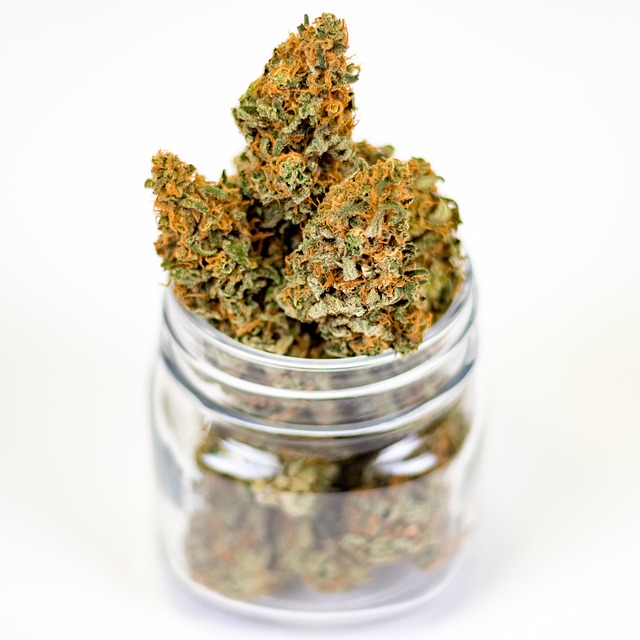2023 marked significant advancements in THCA legality and regulation in Connecticut, with state laws now allowing for legal access to THCA flower for both medical and recreational users. THCA, a non-psychoactive cannabinoid found in raw cannabis, is gaining attention for its potential health benefits, including anti-inflammatory and neuroprotective properties, without the psychoactive effects of THC. Connecticut's progressive regulations have opened up opportunities for residents to explore these benefits through licensed dispensaries, with a growing market for THCA products as part of holistic health approaches. The state's legal framework now permits qualified medical marijuana cardholders to cultivate THCA flowers at home under strict conditions. Consumers are advised to purchase from reputable sources that comply with both state and federal regulations, ensuring quality and legality. THCA is distinct from its psychoactive counterpart THC, and understanding this distinction is crucial for consumers and policymakers navigating the cannabis landscape in Connecticut. As research continues into THCA's potential health benefits, its role as a key therapeutic component of cannabinoids is expected to grow within the state's evolving legal context.
Exploring the nuanced landscape of cannabinoids, this article delves into the burgeoning world of THCA flowers and their legal status in Connecticut. As the state continues to shape its approach to cannabis products, understanding THCA’s benefits, cultivation, and consumption becomes paramount for residents and visitors alike. From the therapeutic properties of THCA flower tips to the intricate details of sourcing and storing them within the law, this comprehensive guide navigates the legal terrain of CT’s cannabis market. Join us as we explore the many facets of THCA legality in Connecticut, ensuring you are well-informed on both its practical applications and the evolving legislative framework surrounding it.
- THCA Flower Benefits and Uses in Connecticut's Legal Landscape
- Understanding THCA: The Precursor to THC
- Sourcing Quality THCA Flowers Legally in Connecticut
- Cultivating Your Own THCA Flowers in Compliance with Connecticut Law
- Dosage and Consumption Methods for THCA Flower in Connecticut
- THCA vs. THC: What Sets Them Apart?
THCA Flower Benefits and Uses in Connecticut's Legal Landscape
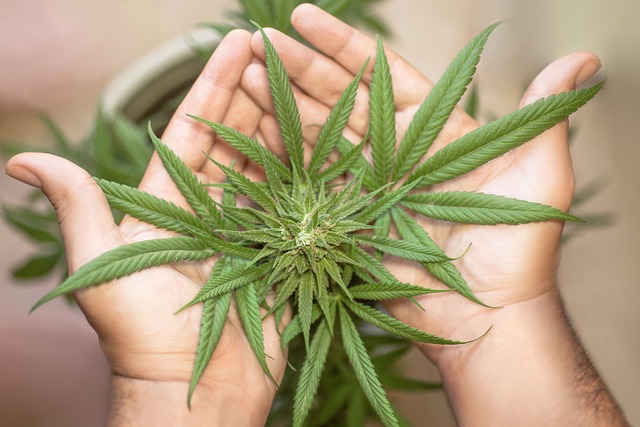
In the wake of legal reforms, residents of Connecticut have access to THCA flower, a cannabinoid that exists naturally in raw cannabis plants. Unlike its psychoactive counterpart, THC, THCA is non-psychoactive but exhibits potential therapeutic properties. This has led to a growing interest in its benefits, which include its anti-inflammatory and neuroprotective effects, as well as its potential to alleviate pain and anxiety without the mind-altering side effects of THC. The legal landscape in Connecticut, with its supportive regulations towards cannabis products, has paved the way for consumers to explore these benefits responsibly. THCA’s legality in Connecticut allows for its inclusion in wellness routines, where it can be consumed in various forms, including flower form, provided it adheres to state-mandated guidelines and is purchased from licensed dispensaries. This has opened up a new realm of options for individuals seeking alternative remedies, as well as those curious about the potential wellness applications of cannabinoids. As such, THCA flower has become a staple in the health and wellness market within the state, reflecting both the evolving legal framework and the dynamic nature of consumer preferences.
Understanding THCA: The Precursor to THC
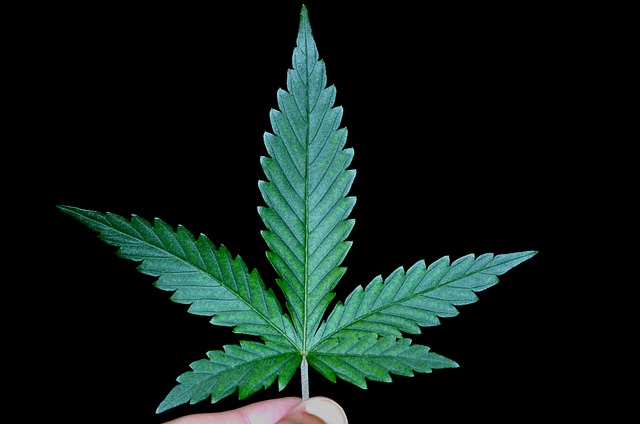
Understanding THCA, the non-psychoactive precursor to the well-known psychoactive compound THC, is crucial for those interested in the full spectrum of cannabinoids. THCA, or tetrahydrocannabinolic acid, exists naturally in raw cannabis plants and is converted into THC when the plant is heated, as in smoking or vaporizing. This transformation is what activates the psychoactive properties of THC, making it a subject of interest for researchers and consumers alike. For those in Connecticut, the legality of THCA-rich products has been a point of evolution. As of my knowledge cutoff in 2023, possession of cannabis containing up to half a percent of THC was decriminalized statewide, and the state’s medical cannabis program allows patients to access products that contain significant levels of THCA. This legislative movement reflects a broader shift towards more progressive cannabis policies, which have opened up opportunities for education and exploration into the benefits and potential therapeutic uses of THCA, separate from its conversion to THC.
The emergence of THCA as a focus of interest in both scientific and recreational circles has led to a burgeoning market for THCA-rich products, including raw cannabis flower tips that are legally available in Connecticut. These products are often consumed in their natural state to experience the potential wellness benefits associated with this cannabinoid without the psychoactive effects of THC. THCA is being studied for its potential anti-inflammatory and neuroprotective properties, which may offer health benefits to users. As such, understanding the nuances between THCA and THC, including their legal status and effects, is essential for consumers and policymakers alike, particularly in a state like Connecticut, where the regulatory landscape continues to evolve with regard to cannabis-related products.
Sourcing Quality THCA Flowers Legally in Connecticut
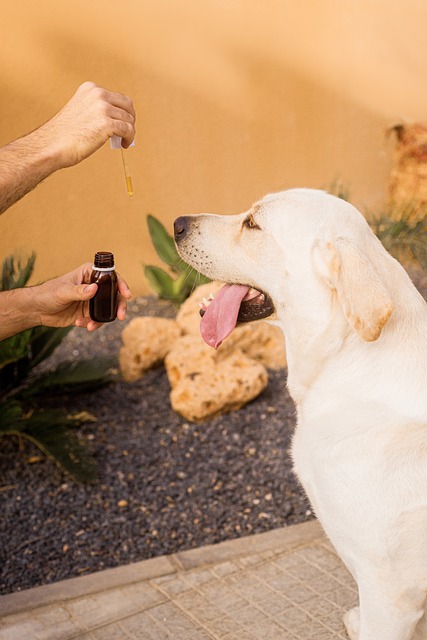
In recent years, there has been a growing interest in THCA (Tetrahydrocannabinolic Acid), a non-psychoactive cannabinoid found in hemp and cannabis plants that is gaining recognition for its potential wellness benefits. For those residing in or visiting Connecticut, where the use of hemp-derived products containing less than 0.3% THC is legal under the 2018 Farm Bill, sourcing quality THCA flowers can be a priority. Prospective buyers should first ensure they are purchasing from reputable sources that comply with state and federal regulations. Quality THCA flowers legally available in Connecticut are typically found through authorized hemp processors or dispensaries that adhere to strict cultivation and processing standards. These establishments often provide certificates of analysis (COAs) for their products, ensuring consumers of the THCA content and purity. It’s advisable to conduct thorough research on these providers, as not all may offer high-quality THCA flowers; verifying the legal status and quality assurance measures is crucial for a safe and effective experience. By staying informed about local regulations and patronizing legitimate operations, Connecticut residents can confidently access THCA flowers that meet their needs while remaining within the bounds of the law.
Cultivating Your Own THCA Flowers in Compliance with Connecticut Law

Cultivating THCA flowers can be an enriching experience for those residing in or visiting Connecticut, where THCA is legal under certain conditions. To engage in the cultivation of THCA flowers within the state’s legal framework, it is imperative to adhere strictly to Connecticut’s cannabis laws. As per these regulations, individuals with a qualified medical marijuana card may grow up to six THCA-rich plants for personal use, provided they do so in a secure, hidden location and not within public view.
Before embarking on this cultivation journey, ensure that your intended grow space meets the state’s requirements for lighting, temperature control, and ventilation to maintain a healthy environment for your THCA flowers. Additionally, keep abreast of the latest updates from the Connecticut Department of Consumer Protection, as regulations can evolve. By following these guidelines, you can cultivate your own THCA flowers in compliance with Connecticut law, ensuring both legal adherence and an optimized growing experience. Remember to source quality seeds or clones from reputable suppliers to enhance your chances of a successful harvest.
Dosage and Consumption Methods for THCA Flower in Connecticut
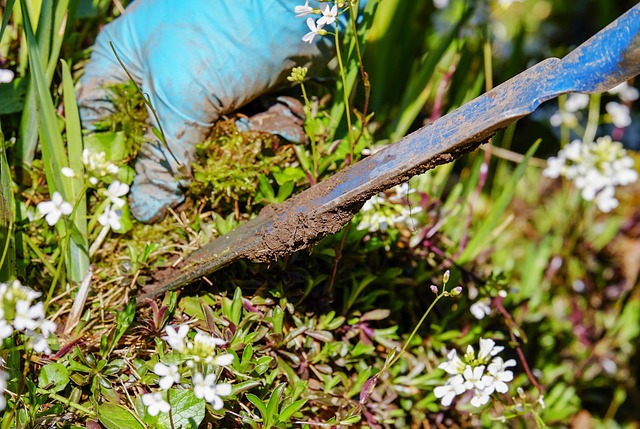
In Connecticut, where THC-A (tetrahydrocannabinolic acid) flower is legally permissible under state law for both medical and adult recreational use, understanding proper dosage and consumption methods is crucial for a safe and enjoyable experience. THCA, the acidic form of THC found in raw cannabis or cannabis extracts, offers potential therapeutic benefits without the psychoactive effects associated with its decarboxylated form, THC. To utilize THCA flower effectively, it’s important to consider the dosage based on individual tolerance and the desired effect. Typically, users begin with a small dose of THCA flower, as the potency can vary greatly depending on the strain and quality. Consumption methods for THCA flower are versatile; they can be smoked or vaporized, both of which allow for precise temperature control to avoid decarboxylation and preserve the benefits of THCA. Alternatively, THCA flower can be infused into edibles after careful decarboxylation to activate the THC content, or it can be used to make topical applications for localized relief. Regardless of the method chosen, it’s essential to start low and go slow, monitoring how the body responds to THCA before gradually adjusting the dosage as needed. Adhering to state regulations and personal health considerations will ensure a positive experience with THCA flower in Connecticut.
THCA vs. THC: What Sets Them Apart?
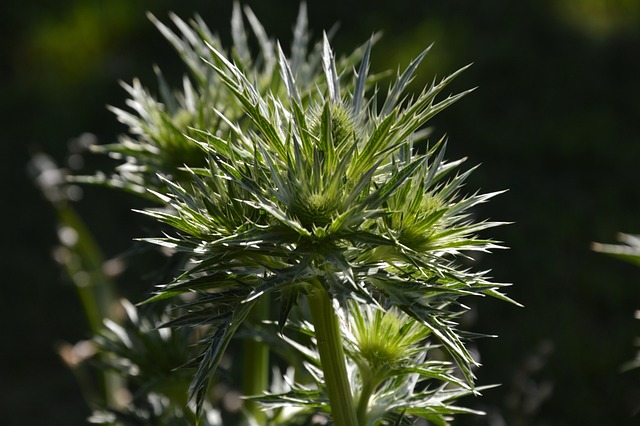
Delta-9-tetrahydrocannabinolic acid (THCA) and delta-9-tetrahydrocannabinol (THC) are both prominent cannabinoids found in cannabis plants, with distinct properties that set them apart. THCA is the raw, non-psychoactive form of THC. It’s present in high concentrations in fresh cannabis flowers and becomes psychoactive THC when exposed to heat through a process called decarboxylation, typically during the smoking or vaporizing process. In Connecticut, where laws surrounding cannabis are evolving, THCA is legally distinct from THC due to its non-psychoactive nature. This legal differentiation is significant for consumers and producers who must navigate the state’s regulations.
While both compounds interact with the body’s endocannabinoid system, their effects differ. THCA has been studied for its potential anti-inflammatory and neuroprotective properties, offering therapeutic benefits without the psychoactive ‘high’ associated with THC. The legality of THCA in Connecticut allows researchers and consumers to explore its potential uses, which could expand as the state’s cannabis laws continue to evolve. Understanding the nuances between THCA and THC is crucial for those interested in the therapeutic applications of cannabinoids, as well as for policymakers shaping the future of legalized cannabis products within the state.
Connecticut residents interested in exploring the potential benefits of THCA within the state’s regulated framework now have clear guidelines on how to source, cultivate, and consume this compound legally. The article has delved into the multifaceted nature of THCA flower tips, shedding light on their advantages, the legality surrounding their use in Connecticut, and the distinctions between THCA and its psychoactive cousin, THC. By understanding the local laws and the science behind THCA’s effects, residents can make informed decisions about incorporating these flowers into their wellness routines. As a conclusion, it is evident that THCA holds promising potential for those within the legal confines of Connecticut, offering an alternative to traditional cannabis products while adhering to the state’s regulations.
